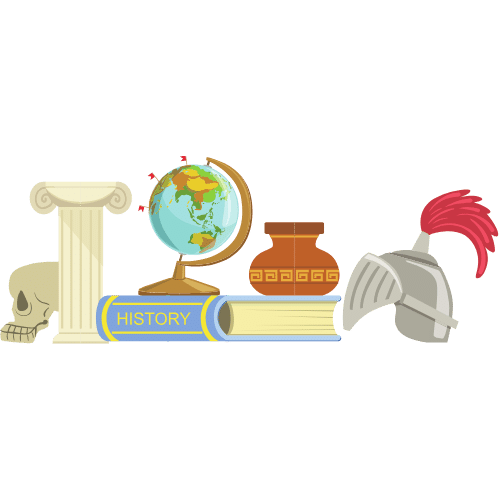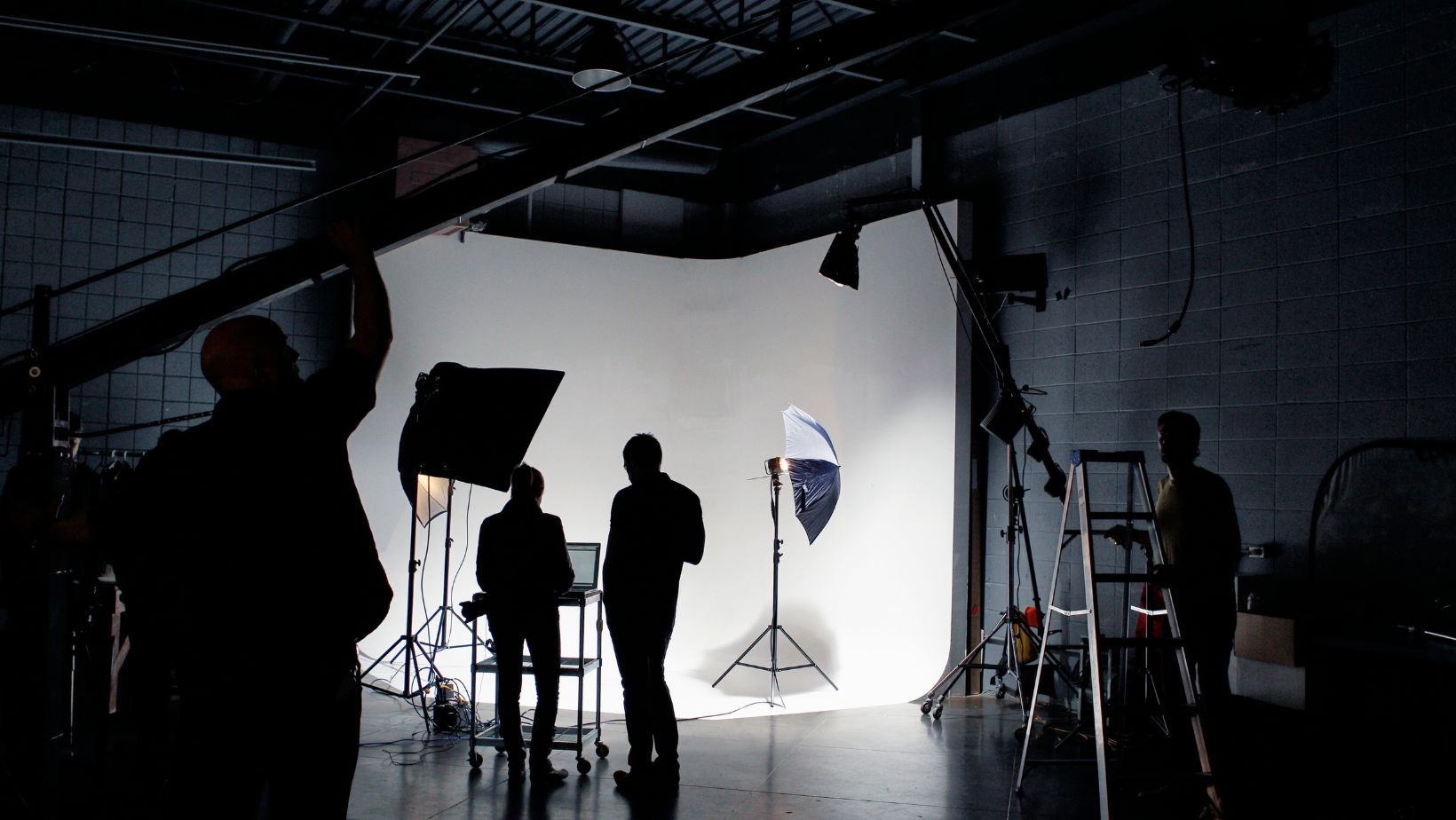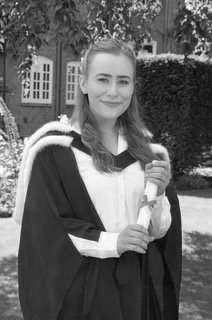
History Summer School
Unlocking the Past: Explore Beyond the Syllabus With Our 2025 History Summer School
Minds Underground's History Summer School provides Year 12 students a wonderful opportunity to delve into the realm of historical exploration and discovery.
Passionate about history? Elevate your university applications in 2025 with our Online History Summer Course. Explore beyond the classroom, delving into diverse historical periods and engaging in university level debate and discussion. Led by top Oxbridge-educated History graduates, explore engaging topics like The Global Cold War, Film as a Historical Sequence and Memory in History.
Especially beneficial for those approaching top-tier UK History university applications e.g. Oxbridge, our tutors will assist you in articulating your reasoning and enhancing your critical discussion and analytical skills ahead of potential university interviews.
Location: Online
Student Age: 15 - 18
Duration: 8 Weeks
Hours: 12 hours (Weekly 1.5hr session)
Dates: July - August
Why Join the Minds Underground History Summer School for Top UK & Oxbridge History Applicants?
Expand Your Historical Horizons Beyond the Classroom
Discover a wealth of historical knowledge beyond textbooks, enriching your academic portfolio and setting yourself apart in university applications. The online History Summer School aims to give students exposure to first year university level material to enhance their applications.
Hone Critical Analysis and Argument Building Skills
Learn to critically analyse historical events, form insightful opinions, and engage in thought-provoking discussions, fostering a deeper understanding of the past. Each weekly session will aim to stimulate argument and debate, setting you up for success in potential Oxbridge History interviews.
Connect Historical Dots: Uncover Linkages Across Eras
Develop the ability to connect historical periods, understanding the evolution of historical approaches and gaining a holistic perspective of the continuum of history. University admissions tutors love to see students link periods and consider the interdisciplinary aspect of History.
Hone Communication and Presentation Proficiency
Enhance your communication and presentation skills through highly interactive classes, where you can confidently voice your ideas and engage with subject experts. This will set prospective Oxbridge History applicants up for natural success in their interviews.
Gain Original, High Level Content Ideas For Your History Personal Statement
We aim to provide students with high level, exciting ideas that they can mention in their university application's personal statement, showcasing their passion for history and the skills acquired during our immersive summer programme. For students also interested in 1-1 History personal statement preparation, we offer tutorial sessions.
Master the Art of Historiography For Application Success
Delve into historiographical debates, understanding different historians' perspectives on historical events, and learn to articulate and engage in insightful discussions. We aim to bring a greater understanding of historiography over time, encouraging students to apply their own examples and studied periods to theoretical questions.
A Taster of History Summer Course Topics
The ‘Global’ Cold War
In this seminar, we will look at how the Cold War was much more than just an ideological battle between the USSR and America, but rather had ramifications for the Global South or ’third world’. Taking East Germany and their relationship with South Africa, Angola and North Korea among others as a case study, we’ll look at how this ideological dispute spread to many different arenas, and its lasting ramifications for contemporary geopolitics. This will allow us to consider how much ‘European’ history is much more global than it first appears.
What is Gender History?
Here we will reflect on the origins of ‘gender’ history, looking at central historiography as well as contemporary developments. We will consider how ‘gender’ history is in no way interchangeable with ‘women’s’ history, as masculinity constitutes a central component of gender analysis. Taking case studies from the medieval period through to modern history, we’ll consider how gender constitutes a central, vitally important lens through which to study history, especially when studying history at degree level or above.
Film as a Historical Source
We’ll look at how film can be a crucial, fruitful primary source for historians, as it offers a wealth of information not merely concerning director’s intentions but regarding the audiences for which they were produced. This seminar will utilise a variety of films as case studies, allowing for a broader conversation about how historians seek information about the past. Through various film case studies, you'll gain valuable insights into how historians extract information about the past, enriching your understanding of historical methodologies for university study.
Memory in History
Here we will look at how ‘memory’ factors into History, utilising case studies relating to how different countries remember the Second World War. Considering monuments as well as personal recollections, we will look at how we remember as individuals as well as collectively as a society. This seminar will draw upon the pioneering historiography of Pierre Nora, as well as case studies looking at the way different European nations consider the Second World War.
The Practice of History
In this seminar, we will think about how historians actually practice history, and how the events of the past come to be written and discussed in the books and articles we now read about the past. How does this process interfere with our understanding of the past? We will consider some of the issues and externalities generated by the ‘doing’ of history, and how this might affect the telling of the past as we understand it today. The seminar will conclude with a discussion of how we, as historians, might go about creating a history of the past decade.
Oral History: The Importance of Personal Testimony
In this week's session, we will look at non-written sources and their value. We will be looking at the importance of personal testimonies and how this realised importance resulted in a growth in the discipline of Oral History. We will explore how Holocaust/ War survivors and participators in protest movements were the formative Oral histories, and will explore particular examples such as Portelli, as well as methods of transcription and the Pros and Cons of oral history.
Learn From Inspiring History Graduates Of Oxford and Cambridge
Example Cambridge History Tutor: Madeleine
Madeleine graduated from the University of Cambridge in 2019 with a first-class degree in History, achieving prizes in each year of study. Madeleine was elected to teach seminars on how to revise for Cambridge examinations, as a result of excellent results. Following this, she undertook an MPhil in Modern European History at Cambridge, for which she received a distinction. Madeleine produced an award-winning thesis which was requested to be retained in the Seeley Historical Library and is currently on its way through peer review to publication. She currently holds offers to undertake a PhD in History from both Oxford and Cambridge.
Example Oxford History Tutor: Maggie
Maggie graduated from St Hilda's College, Oxford with a BA in History. She predominantly studied Modern History and focused most of her studies in third year on 20th Century USA, as well as 19th and 20th Century Japan. She did Drama and English as her other two A Levels, and spent a lot of her time at Oxford involved in theatre. She currently works as learning support teacher at a girls state school in Central London.
Booking the History Summer School
Book now to ensure your spot in the Summer School. Our booking page includes 2025 dates and pricing. We limit class sizes to facilitate group discussion, tailored support and individual feedback.
Are You Looking For Further Support For Your History Application?
-
The Summer School is designed to provide exciting talking points for your personal statement. If you are looking for some one-to-one tuition tailored to your specific application, contact us to arrange sessions with an Oxbridge History tutor!
-
We offer specialised preparation for History admissions tests, including the History Admissions Test (HAT), Cambridge HAA and other relevant assessments. Visit our Admissions Test page on the U2 Tuition website to learn more.
-
Are you preparing for future interviews at Oxford, Cambridge or other top universities such as UCL? Our Oxbridge History tutors prepare students for all formats of interview question, hosting preparatory sessions and mock interviews. Learn more here.
Frequently Asked Questions FAQ – History Summer School
What is the Minds Underground History Summer School?
The Minds Underground History Summer School is an enriching online educational program designed for students passionate about history. Led by top Oxbridge-educated History graduates, the summer school delves into diverse historical topics, providing an in-depth exploration of various periods, gender studies, anthropology, politics, and more.
How will this Summer School benefit prospective History university applicants?
Participating in the History Summer School can significantly enhance the university application of prospective History students. Beyond traditional classroom learning, you will engage with stimulating historical debates, critically analyse primary sources, and develop crucial skills in critical thinking and analytical discussion. This experience showcases your genuine passion for history, providing a valuable addition to your university application. Additionally, topics like utilising film as a primary source offer a unique perspective, demonstrating a multifaceted understanding of historical research methods, which can set you apart in the competitive university admissions process.
Is this suitable for students at different stages of their academic journey in history?
Yes, the History Summer School is designed to accommodate students at various stages of their academic journey in history. Whether you're a Year 12 student looking to enhance your university application or a passionate younger student aiming to broaden your understanding of history, this program offers a diverse and enriching learning experience.
Are there specific topics covered during the Summer School that are relevant for university applications?
Absolutely. The History Summer School covers a range of thought-provoking topics, such as The Global Cold War and Film as a Historical Sequence. Understanding how to analyse and utilise various forms of historical evidence, is vital for aspiring historians. These discussions not only enrich your historical knowledge but also highlight your analytical skills and deep interest in the subject, crucial for prospective university applications.
How can I register for Minds Underground’s Online History Summer Course?
Registration details and enrolment information can be found on the Summer School booking page. Complete the registration process and we will send you logistical details a month or so before the course commences.
What is the schedule for the virtual sessions?
The History Summer School sessions take place weekly, with each session lasting 1.5 hours. The course runs from July to September, providing a flexible and comprehensive learning experience.
Will I receive a certificate upon completion of the History Summer School?
Participants who successfully complete the programme are able to request a certificate of participation, which can be a valuable addition to your academic achievements and university applications.
How do I contact Minds Underground for further enquiries?
If you have any questions or require additional information, please feel free to contact us through the contact form on our website or send an email to enquiries@mindsunderground.com, quoting your contact number in case your email ends up in our Spam folder! Our team will be happy to assist you with any queries.
Can I expect personal guidance and support during the Year 12 History Summer School?
Absolutely. Our History Summer School is designed to provide personal guidance and support. We keep class sizes small to ensure lots of interaction and individual attention. You'll have the opportunity to interact with our team of experts, ask questions, and receive assistance with your academic and university preparation needs.
Is there an option to follow the History Summer School offline if I can’t attend the live sessions?
Yes, we understand that scheduling conflicts can arise. We offer an offline programme option where students unable to attend live sessions can receive full session recordings and materials. This allows you to engage with the content at your own pace and convenience.
How does the offline programme work, and what materials will I receive?
Students opting for the offline programme will receive access to recorded sessions, lecture materials, assignments, and resources related to each session. You can review the content at your own convenience, ensuring you don't miss out on any valuable information.
Can I still interact with instructors and ask questions if I choose the offline option?
While the offline Summer School doesn't provide real-time interaction with instructors, we encourage participants to reach out with questions through email. Our team is committed to providing support and addressing queries to enhance your learning experience.
Are there specific deadlines or timelines to follow for the offline programme?
The offline programme is designed to be flexible, allowing you to set your own pace within the programme's overall duration. However, we recommend staying on track with the programme schedule to ensure you have ample time for completion and any potential follow-up questions.
How do I enrol in the offline programme, and is there a separate registration process?
To enrol in the offline programme, simply follow the same registration process as for the live sessions on our website. During registration, you can indicate your preference for the offline option. You will receive access to the programme materials upon completion of each session.
Is there a difference in the cost between the live and offline programme options?
The cost for both the live and offline programme options remains the same. We aim to provide a flexible learning experience that accommodates different needs and schedules without additional cost considerations.
Can I switch from the live programme to the offline programme (or vice versa) if my circumstances change?
Yes, you can switch between the live and offline programme options based on your circumstances. Please contact our team to discuss any changes or transitions in your programme participation.
How do I access the recorded sessions and materials for the offline programme?
After registering for the offline programme, you will receive instructions on how to access the recorded sessions and materials through our online platform. This information will be provided to you before the start of the programme.
Will there be any assessments during the History summer school?
The summer school primarily focuses on immersive learning and skill development rather than formal assessments. The emphasis is on exploring advanced topics, problem-solving, and honing essential skills for future academic pursuits.
How can I prepare for the History Summer Course?
Explore essential History concepts, review A-Level/ IB topics, and cultivate an inquisitive mindset for advanced curriculum engagement. Come prepared to actively participate, ask questions, and collaborate with peers to make the most of the learning experience.














